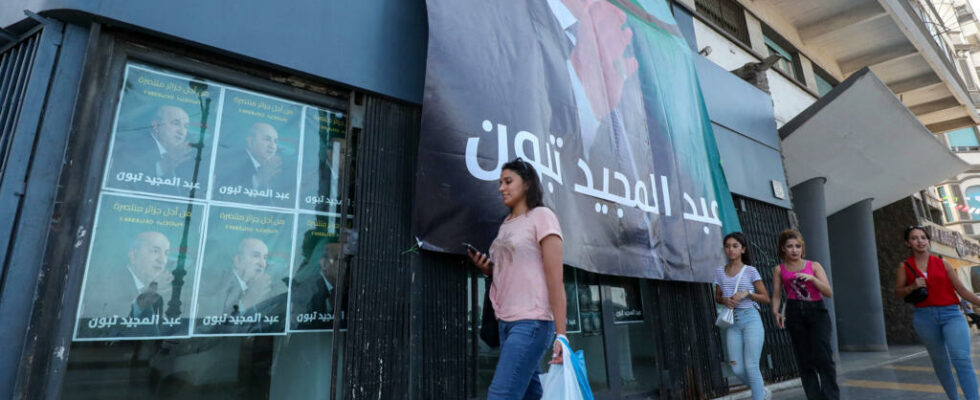Algeria is preparing for a presidential election without any real stakes this Saturday, September 7. The outgoing head of state, Abdelmadjid Tebboune, is considered a clear favorite for his own succession. And Algerian youth, mistreated since the Hirak movement, are completely disillusioned. They show no enthusiasm for participating in the vote and giving power back to someone who is in line with the Bouteflika regime.
3 min
When he came to power, President Tebboune described the popular protest movement, the Hirak, as ” blessed “, making people believe that he too was a fan of change.
However, as soon as he was installed, the oppression resumed with renewed vigor. The leaders of political parties, trade unionists, lawyers, journalists or simple activists for change were sent to prison. Any free speech that criticized the government was repressed and the opposition intimidated. The government flouted individual and collective freedoms and fundamental rights andAlgeria lives today in a process of continuous repression.
Oppression, a subject absent from the debates
A form of self-censorship has set in among Algerians, due in particular to the large number of prisoners of conscience. In the space of one term, the president Abdelmadjid Tebboune has put more citizens in prison than during the period from Algeria’s independence to his reign, estimates Aïssa Rahmoune, a Hirak lawyer who is now exiled in France.
President Tebboune’s record in terms of freedoms is catastrophic. He has been criticized several times by Amnesty International and other NGOs regarding his policy on freedoms.
This theme of oppression was, however, completely omitted during the electoral campaign. In private, many Algerians describe it as ” puppets “The other two presidential candidates. Youcef Aouchiche and Abdelaali Hassani Cherif have never opposed the climate of political oppression that reigns in the country. These two candidates have vaguely promised more freedoms in the event of victory.
Also readAlgeria: Who are the three candidates for the presidential election?
Abstention as a weapon
This election is the most important after the Algerian popular movement of 2019 and the government has done everything to encourage Algerians to go to the polls on Saturday, September 7. In 2019, President Tebboune won the elections with an official turnout of 39.8%, the lowest in the history of presidential elections in Algeria.
According to several observers, the real issue of this election is not Tebboune’s widely anticipated victorybut the participation rate. The Algerian population could thus use abstention as a weapon in the fight against power.
After the failure of the Hirak and the brutal takeover of society, Algerian youth are showing great indifference to this election and abstainers are considered the leading political party in Algeria. Deserting the polls is not a position of neutrality, it is a policy. Especially in the face of a president who declared to a television channel in 2021: ” Hirak, from now on, it’s me “.
The presidential election in Algeria takes place this Saturday, September 7. Since the beginning of the campaign, arrests have multiplied in the country. Political leaders, activists or even simple Internet users are arrested by the authorities for Facebook posts or participation in non-violent demonstrations. This Monday, Amnesty International published a report asking the authorities to ” Ending the repression of civic space ahead of the presidential election “.
” Most of these are people who are arrested for posts on social networks. But they can also be political activists who were arrested because they were trying to hold peaceful meetings. About sixty political opponents were arrested in August because they were trying to participate in a historical commemoration. In general, there is often a phase of disappearance, that is to say that we do not know where the people are being held for several days, and often, they reappear later in court, explains Nadège Lahmar, head of Algeria for Amnesty International.
There are a series of provisions, written quite broadly in the Penal Code, which are quite abusive and the security and judicial authorities use them quite regularly. For example, we have Article 100 of the Penal Code on incitement to unarmed assembly, which is in fact incitement to demonstration, incitement to a gathering, which does not have to be criminalized, but which is used regularly. »
